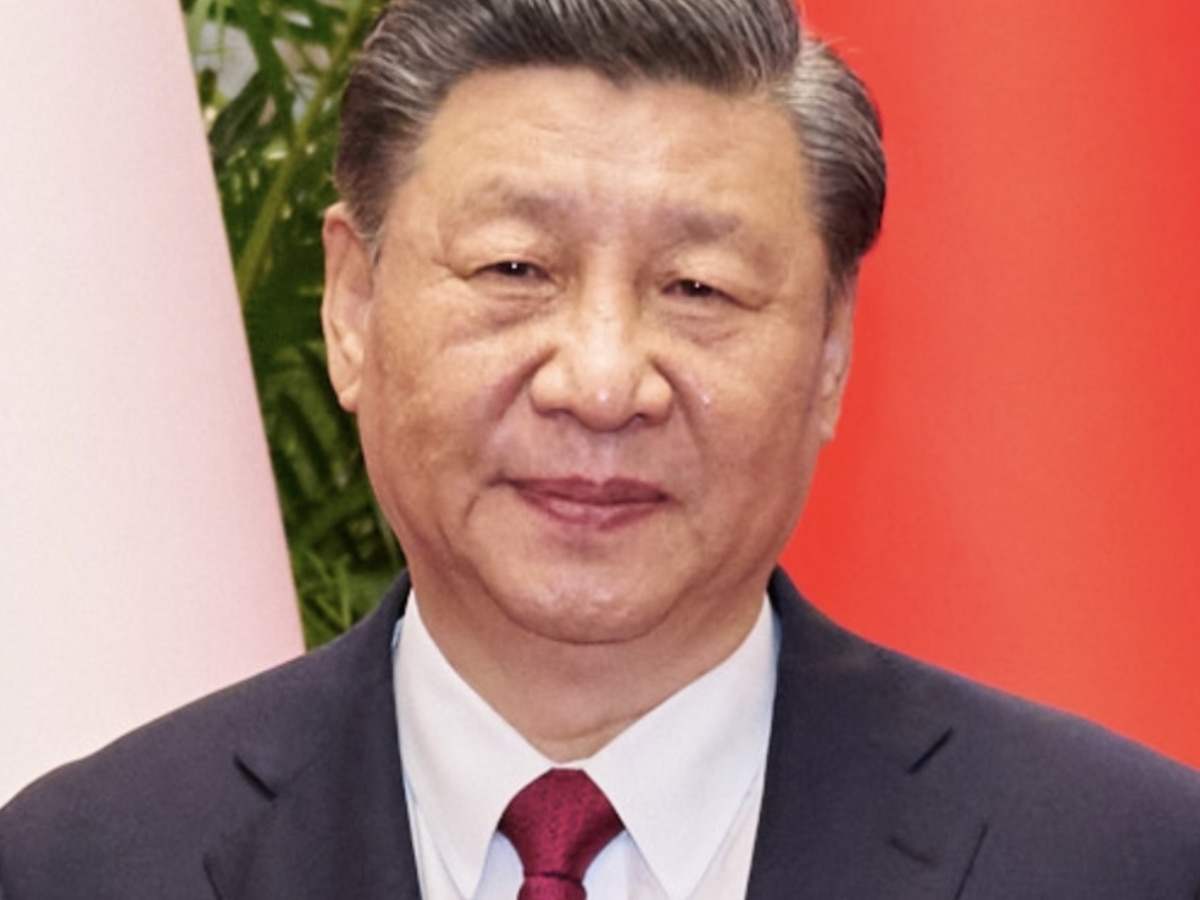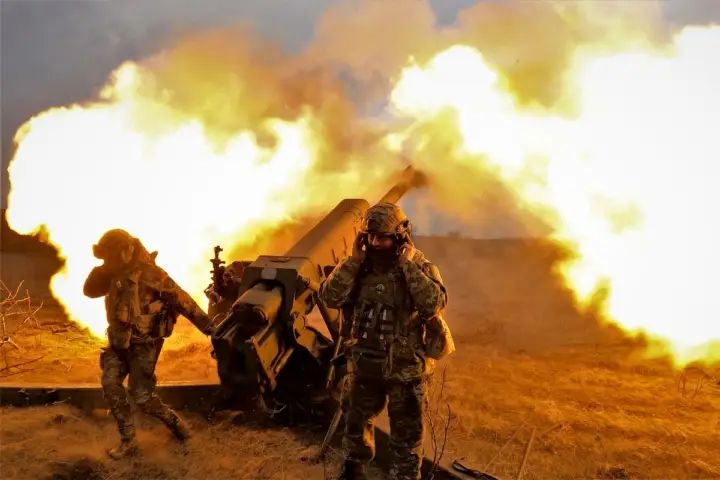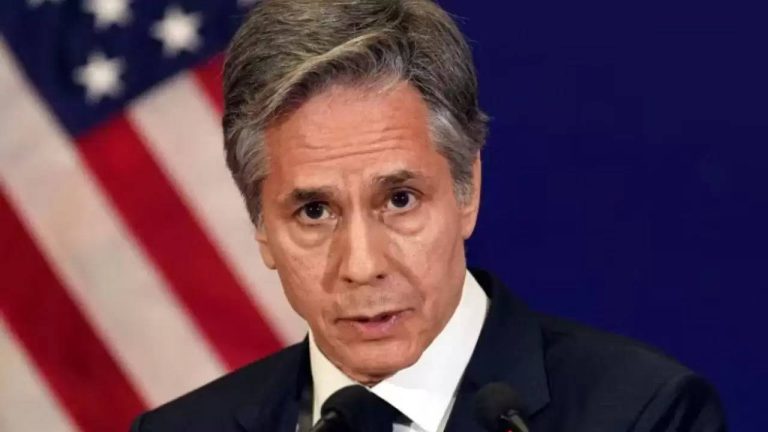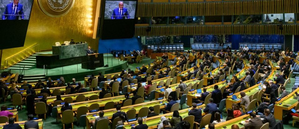Xi Jinping Exposes Cracks in China’s Governance Model, Say Experts

Hong Kong: During President Vladimir Putin’s visit to China in mid-May, he said Russia and China are “jointly committed to promoting the establishment of a more democratic multipolar world order”. To countries that do consider themselves democratic, Putin’s notion was laughable, for both China and Russia are ruled tightly by autocratic rulers who have no intention of losing their grip on power.
Professor Steve Tsang, Director of the SOAS China Institute at SOAS University of London, told ANI, “The biggest challenge China faces in governance terms is the concentration of power in Xi’s hands. ”
Doctor Willy Wo-Lap Lam, a Senior Fellow at The Jamestown Foundation think-tank in the US, concurred: “Xi Jinping has eroded norms and distorted the distribution of power throughout his decade-long rule…”
For example, the State Council is now a mere policy-executive organ directly controlled by the Politburo Standing Committee (PBSC), with a reduced capacity for designing policy. Dr Lam further noted a power shift in Beijing.
Dominance Of Zhejiang Faction
“The so-called Zhejiang faction – a reference to officials who worked with Xi when he was party chief of the coastal province from 2002-07 – was formerly in the ascendancy. Now the Fujian faction – those officials with whom the supreme leader built his career and reputation from 1985 to 2002 in the coastal province opposite Taiwan – has more clout. “The Hong Kong-born academic said the biggest beneficiary of this change has been fifth-ranked PBSC member, Cai Qi. As head of the Chinese Communist Party (CCP) Secretariat and Director of the Central Committee General Office, he is in charge of state security and “party building,” which involves vetting officials to assess their loyalty to Xi.
Throughout his tenure, Xi has regularly quoted from the Chinese classics, Confucian ones in particular. Why is this? It is not necessarily because he is an expert on Confucianism, but Professor Anne Cheng, Chair of Intellectual History of China at the College de France offered one explanation at a Brookings Institution lecture delivered in Washington, DC on 22 May.
“I think he’s aware that the communist faith that animated generations of Chinese people since 1949 has dwindled near to nil. And so you need to replace it with some kind of national identity, discourse, and Confucianism is of course the most obvious” thanks to its iconic status in China.
USA’s Young Nationhood To Point China’s Ancient History
In contrast to the USA’s young nationhood, the CCP likes to point out China’s ancient history. Professor Cheng remarked, “This is such a paradox, because as far as I know…I always thought the CCP was a revolutionary party and Marxist Leninist. And when you see the same party claiming that we are the inheritors of 5,000 years of continuous civilization, I get confused! “Communism considers itself revolutionary, and young-adult reactionaries set out to destroy Confucian ideologies during Mao Zedong’s Cultural Revolution.
Yet those same people are now in power and are restoring Confucianism to prominence! Confucianism is an ancient tradition associated with a strongly hierarchic and historically immutable socio-political order. Professor Cheng said that modern China’s “Confucian meritocrats are surfing on the wave of democratic recession the world over”.
However, she described the approach of Chinese intellectuals and academics as “insidious”. “They pretend to take the problem of democracy seriously and, in fact, the interesting thing is that they have no other choice. Otherwise, China would be simply chucked out of the global community as a rogue state, like North Korea.
Chinese Govt Atop Legal System And Intervene Rights
In China, however, the government sits atop the legal system, and mediates rights to others. This is seen in the CCP’s ability to change laws, as exemplified by Xi abolishing term limits on his own leadership. Nor does China like the concept of one person, one vote, for that implies people possess power and can be suspicious of the government. CCP defenders also argue that one person, one vote lacks effective mechanisms to take into account the interests of non-voters such as future generations. It argues that a Confucian-based system does not reject liberal democracy completely, but is best viewed as a development of it.
However, such Chinese advocates are only justifying autocracy, offering innumerable criticisms of Western political systems but failing to elucidate failings in their own. Professor Cheng concluded that “Chinese political thinkers have gained in self-assurance, if not in downright arrogance, to assert without any qualms the superiority of their model by surveying a whole century of Chinese reflections on the democratic potential of their own intellectual tradition”.
Taiwan Making Mightiest Political Campaign
Of course, its mightiest campaign is reserved for Taiwan as it politically and militarily coerces this “flourishing nation whose very existence disproves the CCP’s claims that Chinese culture is incompatible with democracy,” according to the French academic. “What I’m worried about nowadays in China is that this total control of the minds of the people…is not conducive to the innovation and development that China actually needs. “Ryan Hass, Senior Fellow and Director of the John L Thornton China Center at the Brookings Institution, participated in the same lecture. He does not think China has the capacity to achieve hegemony with its political and military heft.
For instance, it is surrounded by capable countries such as India, Japan and South Korea opposed to the idea of Beijing being a dominant actor that dictates outcomes in Asia. Hass further noted, “There are not people clamoring to enter into their country by any means possible.





